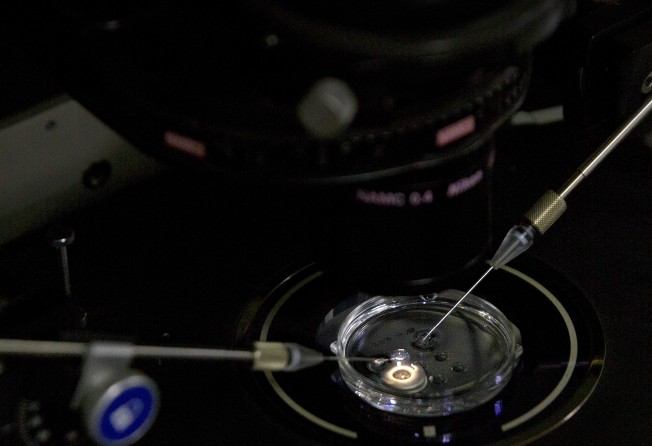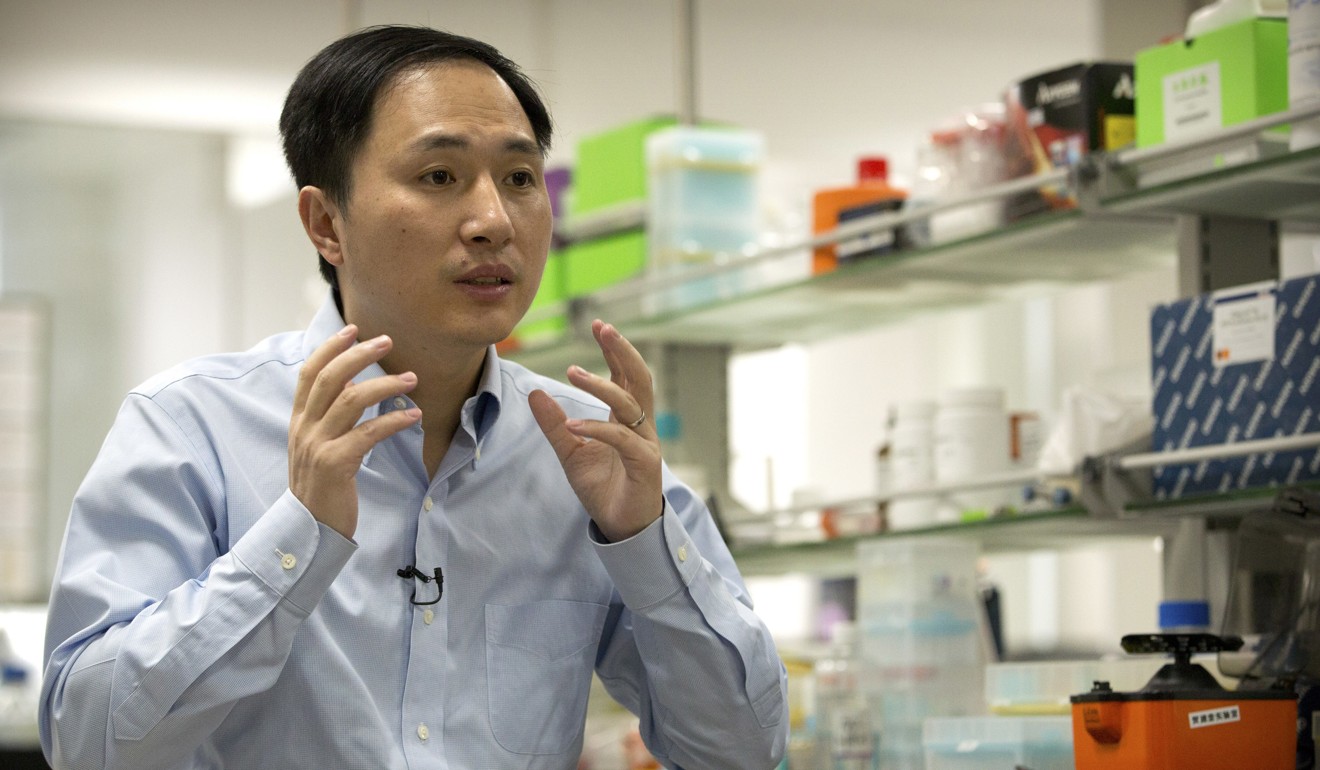Hong Kong summit on human gene editing to discuss regulation in wake of claim by Chinese scientist He Jiankui that he edited genes of newborn twins
- Second International Summit on Human Genome Editing, which opens on Tuesday at HKU, will make formal statement at the close of the meeting
- Organising committee says it was not aware of He’s experiments. The Shenzhen-based scientist will speak at the summit

International experts gathered at a summit in Hong Kong that opens Tuesday will discuss how gene editing should be regulated, as a mainland scientist claimed he had helped create the world’s first genetically edited babies.
The Second International Summit on Human Genome Editing is expected to come up with a formal statement on gene editing at the close of the meeting on Thursday at the University of Hong Kong.
Robin Lovell-Badge, a member of the organising committee, said the major focus of the summit was “to talk about what’s acceptable, what’s not acceptable, how things should be regulated” in gene editing.
This comes as He Jiankui of the Southern University of Science and Technology in Shenzhen told Associated Press that twin girls, whose father is a HIV carrier, were born earlier this month after He edited their embryos to remove the gene critical to enabling many forms of the virus to infect cells.
While He’s claim has yet to be verified by his peers, he will be one of the speakers at the summit on Wednesday, when he is expected to talk about human embryo editing.

I don’t expect any science fiction-like future where we have whole populations altered; it’s totally unrealistic
The summit is co-organised by the Academy of Sciences of Hong Kong, the Royal Society, the US National Academy of Sciences and the US National Academy of Medicine.
David Baltimore, chairman of the organising committee, said they were not aware of He’s experiments. But he said a policy statement on gene editing will come at the end of the summit, after various issues have been discussed.
The first international summit was held three years ago in Washington DC to discuss “how far we want to go, what we want to do, when we’re ready to do it”, Baltimore said.
It was agreed at the first meeting that the technology was not ready for a human application but it was “something that we all felt will develop to a point it could be considered as part of the treatment of disease in humans”.
Baltimore believed that genome editing will take its place in medicine over the next few years.
“This is a very good time to come together – scientists, ethicists, legal people from all over the globe – that together we can discuss the present state of the art and future opportunities,” he said.
Lovell-Badge, senior group leader at the Francis Crick Institute, said these techniques could be used to reduce the burden of genetic diseases.
But he said: “I don’t expect any science fiction-like future where we have whole populations altered; it’s totally unrealistic.”
The summit will examine the science underpinning the understanding of genomics, technological challenges that must be overcome and ethical, societal and governance issues raised by genome editing technologies.